Dear Job Doctor:
Thankfully I have had quite a few interviews but have had less success hearing back from companies after I interview with them. Aside from writing or emailing a thank you note, do you think it is inappropriate to email them and let them know I’m still interested in the position? I try to ask during the interview what the next steps are but only hear back from companies 50% of the time. What do you recommend?
–Wanting to Do this Right in Denver
Dear WDRD –
Getting face time in front of an employer for an interview is a great opportunity. But that first interview is kind of like a first date. You are both getting to know each other.
For a lot of companies, that first interview is similar to an audition. You are trying out for the part and they are trying to determine if you match all of the criteria they are looking for. As much as we’d like to think that our background, skills, expertise and experience are what matter most, for most employers, they are also looking for a ‘cultural fit’; someone whose personality will mesh with the team and with the company in general.
In your research of an employer prior to an interview, you should try to find out what the culture of a company is like. Is it relaxed? Fun? Casual? Or is it buttoned up and conservative? If you know people that work for the company, ask them why they like working there and what about the culture should you be thinking about prior to the interview.
After the interview there are several things you should do:
DO ask them specifically about the hiring process. Specifically, ask them when you should expect to hear back. It’s a reasonable question.
DON’T be demanding. Remember, you want to appear to be reasonable, helpful and flexible. One corporate recruiter told me that a job seeker insisted on a date and a time in which she could discuss the interview and her status was. You can imagine what happened to her chances by demanding such a thing.
DO write personal hand written thank you notes to those that were in attendance at the interview. Instead of a brief and generic “Thanks for meeting with me” note, these thank you notes should be seen as an opportunity to address specific issues you discussed during the interview and more specific are areas that you believe resonated during the interview.
Think about it: the people you interviewed with have been sitting through interviews for 2 days. You need to remind them about YOUR interview.
So, for example:
Dear Mr. Smith:
Thank you for taking the time to meet with me about the Manager of HR position at Acme.
I particularly enjoyed discussing the challenges and opportunities Acme has in participating in more college job fairs. As I stated, as manager of job fairs with ABC Corp., I gained a great deal of experience and expertise in managing and promoting ABC Corp’s entry-level hiring efforts which resulted in a 30% decrease in overall entry-level hiring costs . Acme is in a perfect position to take advantage of college job fair opportunities and I believe with my experience and connections, can do so at little cost but with great returns.
Again, thanks for talking with me and I hope to learn more about Acme in the future.
Best wishes,
Jane Doe
DON’T send flowers, candy, cards, balloons, cakes etc. Most times, this would be seen as inappropriate or awkward. If you have something to send that is relevant to the interview or job (say a portfolio, your LinkedIn profile or something else that is relevant to the job) that is fine.
DO reach out via phone or email if they have given you a date to expect to hear back but have not contacted you. Simply ask if the process has changed and let them know that you are still interested in the position. If you still don’t hear back, then don’t sulk about it. Chalk it up to bad manners and unprofessional behavior on their part and move on. They have your resume and if they are interested, they’ll call you back.
DON’T call and call and call or send email after email. It’s awkward and makes you look desperate and probably won’t help and at worst will take you out of the running altogether. Remember, you want a job, not a restraining order.
DO consider getting a well-placed reference to make call on your behalf to the people that interviewed you. This is tricky, so make sure that this person really has the clout to make a difference if they are speaking on your behalf.
DON’T try and make an end-run around the people who interviewed you by calling their boss or supervisor. Most likely, the interview process is designed to allow the hiring authority (your new boss) the freedom and independence to hire who they choose. It’s doubtful their boss is going to DEMAND they hire you because they know you and even if that was the case and you were hired, you’d be entering into an awkward situation from the get go.








